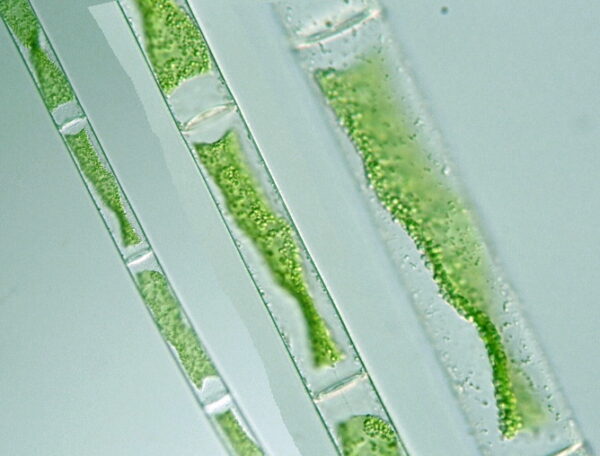
Scientists use genomic data to resolve the phylogeny of zygnematophyte algae and pinpoint several emergences of multicellularity in the closest known relatives of terrestrial plants.

Scientists use genomic data to resolve the phylogeny of zygnematophyte algae and pinpoint several emergences of multicellularity in the closest known relatives of terrestrial plants.
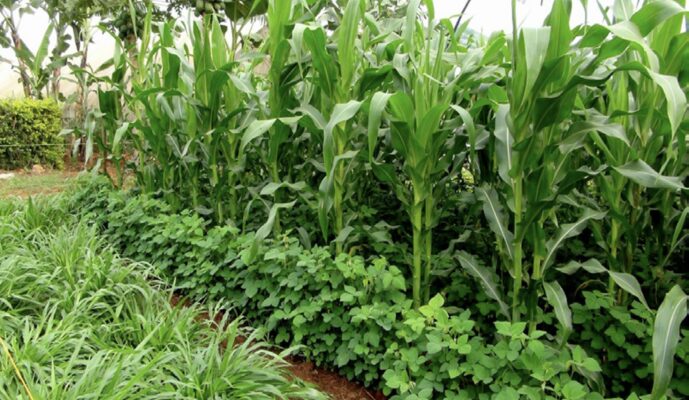
Stemborers and Striga weeds cause significant losses to maize production throughout Africa. Maize yield losses due to stemborers can vary from 20-40%. Striga weeds infest 40% of the arable land in sub-Saharan Africa, causing an annual crop loss of US$ 7 to 13 billion. Around the Lake Victoria basin, infestation by Striga weed causes 30 to 100% loss in maize yield. Weeding for Striga control is both time-consuming and labor-intensive. The use of insecticides for stemborer control is not only expensive and harmful to the environment but is also ineffective.

Scientists have sequenced the oldest plant genome using 6,000-year-old seeds from a watermelon relative collected at an archaeological site in the Sahara Desert in Libya.

Hidden beneath the delicate, red skin and juicy flesh of a tomato is a wealth of nutrients and genetic makeup. With recent research on the first genome of a species in the tomatillo tribe (part of the tomato family), we now have a better idea of how this vital plant family came to be.
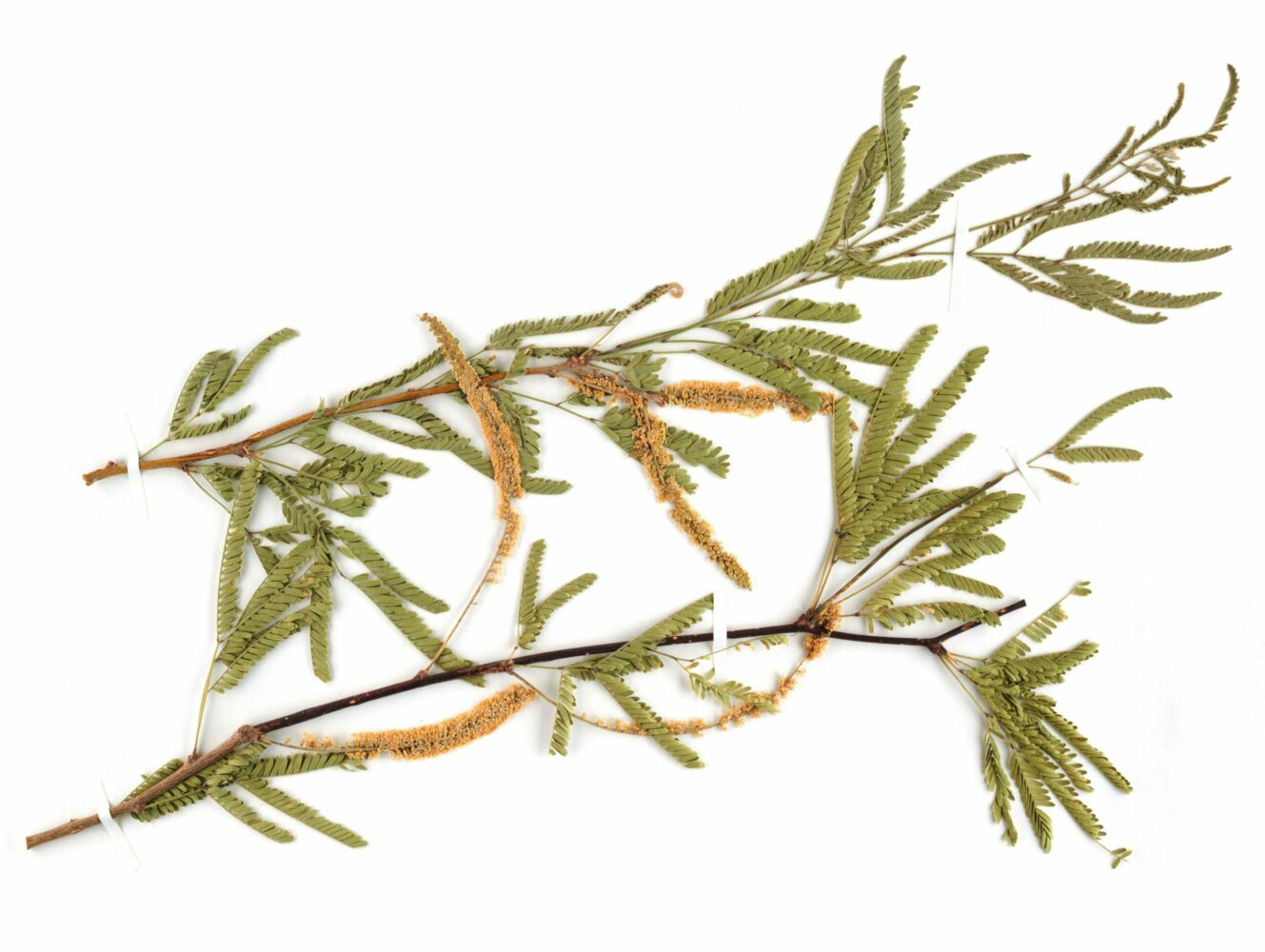
After a comprehensive study of plants across the United States, researchers have arrived at the unexpected conclusion that plants able to fix atmospheric nitrogen are most diverse in arid regions of the country. This finding runs counter to the prevailing assumption that nitrogen-fixers should be comparatively most diverse in environments where nitrogen in the soil is in limited supply.
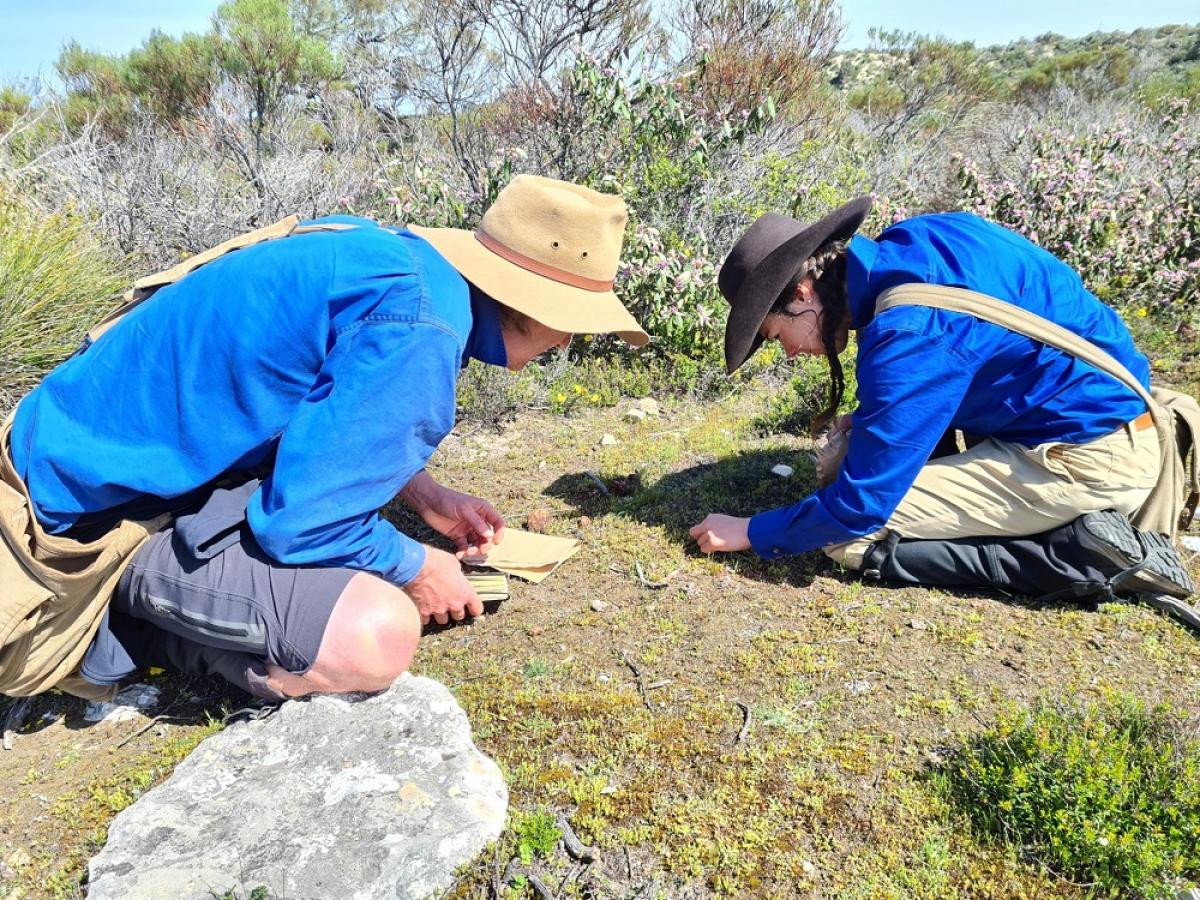
The maximum summer temperature and the amount of rainfall in summer are the two climate factors that determine the type of native grass that grows in a region, Australian researchers have found in a recent study.
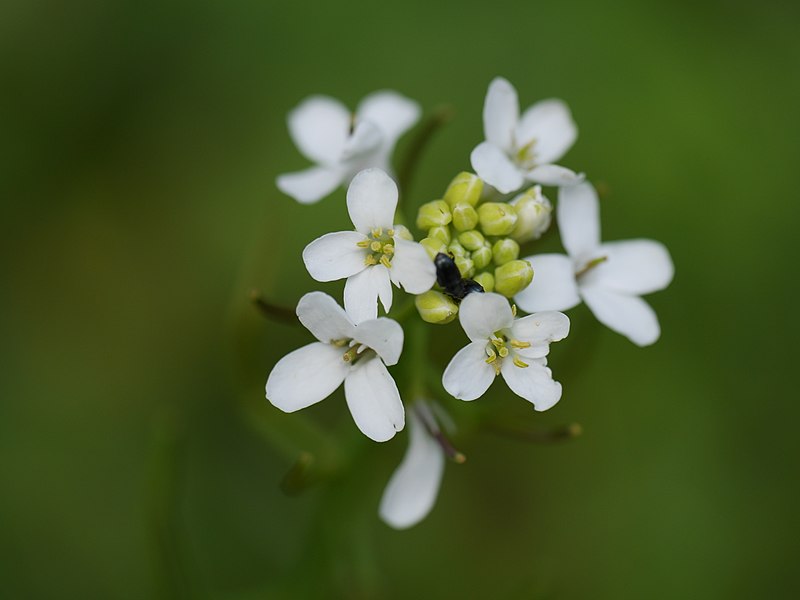
When we think of plants, the phrase “stressed out” doesn’t typically come to mind. They are, after all, exempt from paying bills and tackling existential questions. However, environmental changes—both living (biotic) and nonliving (abiotic)—generate significant stressors for plants. New methods to improve plant tolerance and immunity amid climate change are therefore critical.
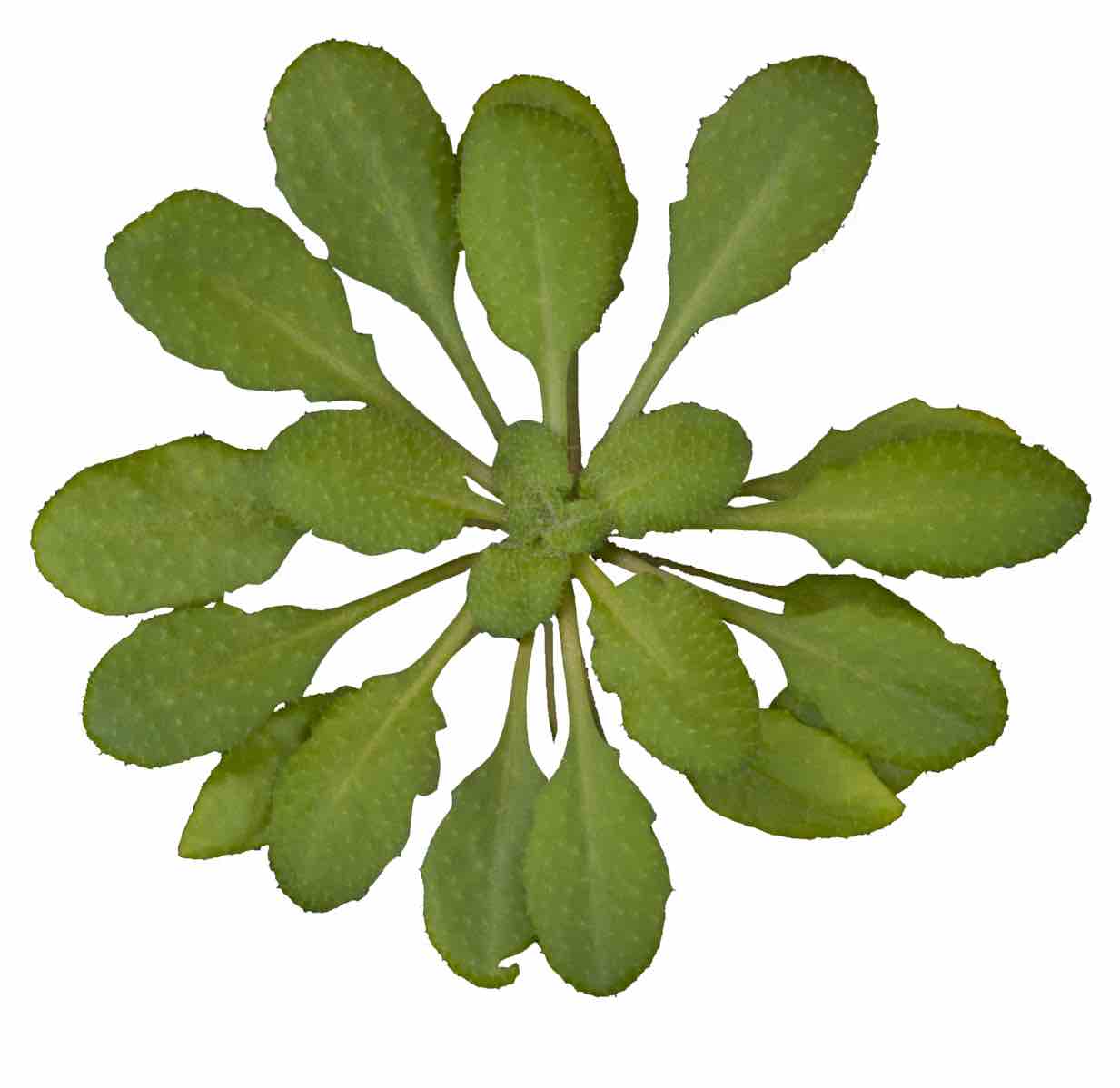
Plants lengthen and bend to secure access to sunlight. Despite observing this phenomenon for centuries, scientists do not fully understand it. Now, scientists have discovered that two plant factors — the protein PIF7 and the growth hormone auxin — are the triggers that accelerate growth when plants are shaded by canopy and exposed to warm temperatures at the same time.
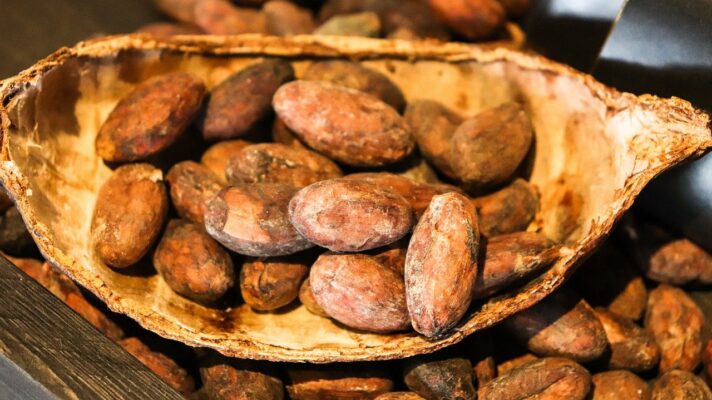
How we love chocolate! The big downside of this love is that more chocolate consumption directly implies more cocoa plantations, which has led to significant loss of forests especially in West Africa. In the coming decades is expected both an increase in demand and a decrease of suitable areas for growing cocoa due to climate change.
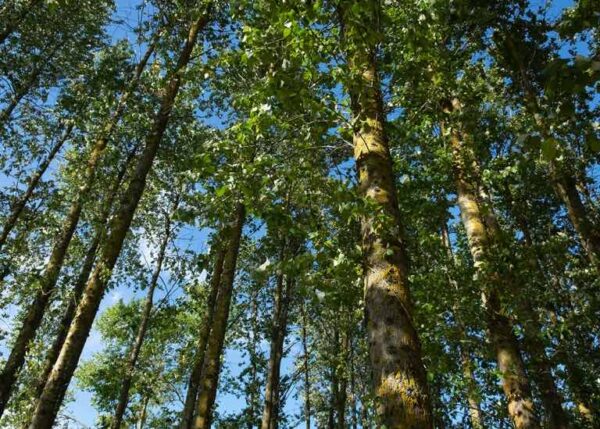
Researchers have developed a novel value chain for production of textile and bio-fuel from fast-growing poplars. By applying sustainable catalysis on these poplars grown on marginal land in Nordic climates, the demand for cotton can be reduced. Consequently, considerable areas of productive agricultural land can be converted from cotton to food production.